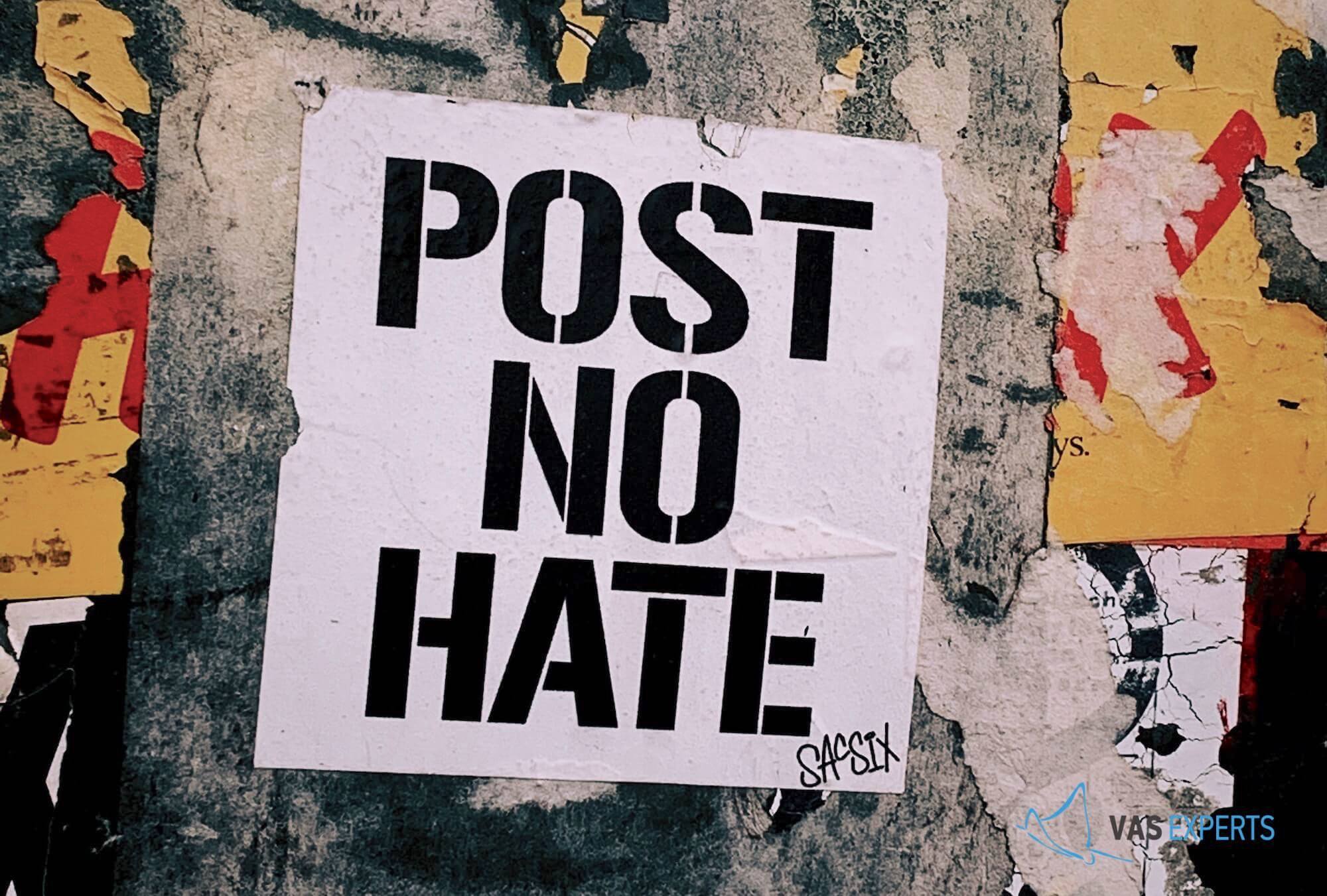
/ Unsplash license / Jon Tyson
What kind of whitepaper
In 2019, the first version of initiatives to strengthen control over the activities of Internet companies and the content distributed on the network was published. For some time, the "Online Harms White Paper" has undergone point modifications: now its full version is available for review (subsections start with compact summaries highlighted in gray blocks) and a generalized version (for immersion in the topic if you first come across such documentation).
Additional reading on our Habré:
- How the modernization of the network infrastructure in the United States rested on the quality of statistics
- How India plans to develop network infrastructure
“ Make the UK the safest place in the world to browse, work and do online business ” is the slogan put forward by the authors of the white paper to highlight the goals of the initiative. But immediately after its presentation to the public, a flurry of criticism fell upon them.
Alternative opinions and criticism
The experts agreed with the general direction of the development of legislation, the need for timely changes and the fight against criminal manifestations in the network, in particular in order to protect the interests of children and prevent terrorist acts. But they emphasized that online content “that can directly or indirectly harm” [the wording from the whitepaper] can not always be unambiguously characterized as illegal.
The Free Speech Union (FSU), a local organization that provides legal support on violations of freedom of speech , presented their analysis of the initiative and alternative proposals in September this year . In the press release, they ranked the Online Harms White Paper alongside the widely criticizedGerman anti-fake news legislation; and Chinese regulation of rumors that threaten public safety.

/ Unsplash license / Markus Spiske
Even government officials from the relevant commissions drew attention to the presence of a large number of vague wordings and an excessive burden on Internet companies in terms of content moderation and hate speech. In turn, FSU, in a detailed briefing report, emphasized not only the lack of precise terminology, but also the excessive volume of proposed innovations.
The experts substantiated their arguments by references to the existing norms.and stated that the Online Harms White Paper also threatens legitimate practices such as the possibility of open political discussion. Plus - it does not provide tools for appeal if the user of a resource does not agree with the removal of content at the request of the site itself.
What's next
In the context of the complex epidemiological situation and all kinds of scandals around this topic in the media and the media, predictions are heard that the authorities may pay even more attention to the regulation of the Internet industry, social networks and online content. The fact is that at the beginning of the spread of the epidemic in the country, they began to actively discuss "conspiracy theories", and some - like David Icke - managed not only to get blocked by Facebook and YouTube, but also took part in public actions against the "lockdown". But there is also an opinion that excessive "tightening the screws" can only contribute to the popularity of such conspiracy theorists.
Based on these considerations and the need to verify the initiative on the side of specialized communities and committees like the NSPCC(National Society for the Prevention of Cruelty to Children), the formation of the bill was postponed . The pause is still hoped by experts who would like to propose alternative options for regulating the country's Internet space.
What else to read in our corporate blog:
- How to provide free Wi-Fi according to the law
- Internet in the village - building a radio relay Wi-Fi network
- Saving on matches: discussing critical mistakes in the construction of telecom operators' networks